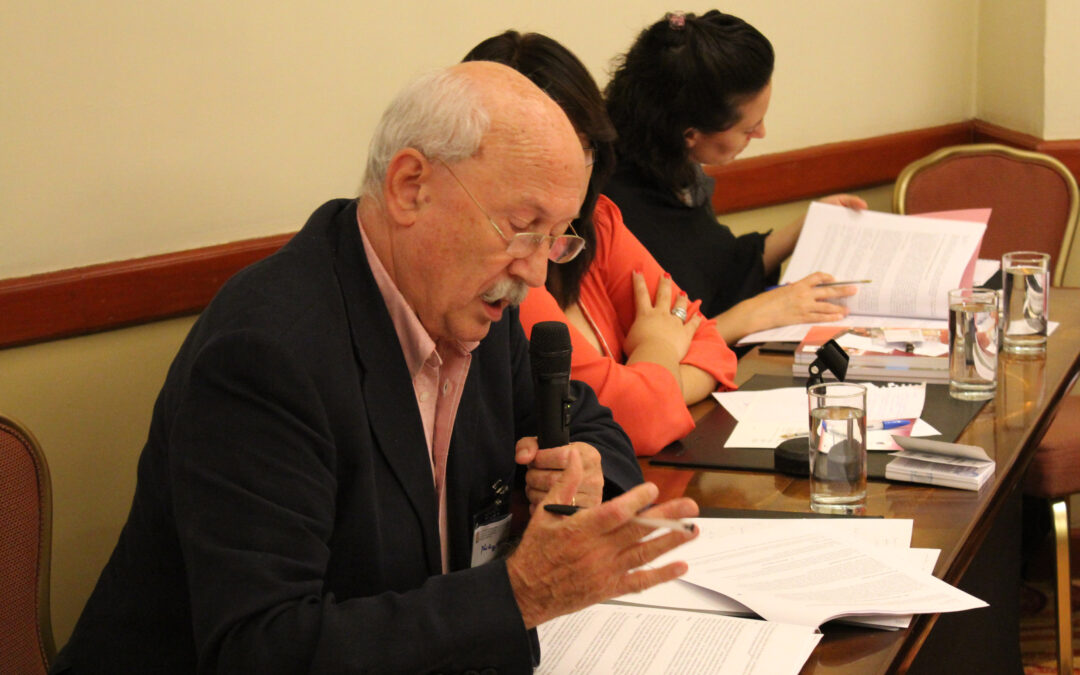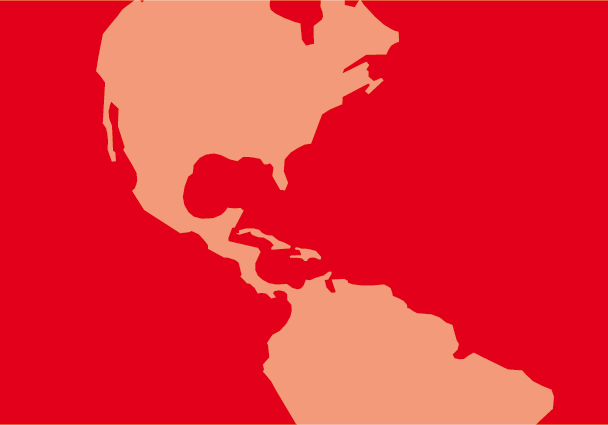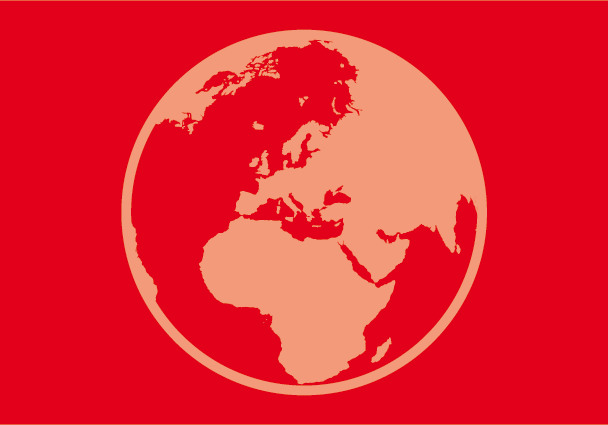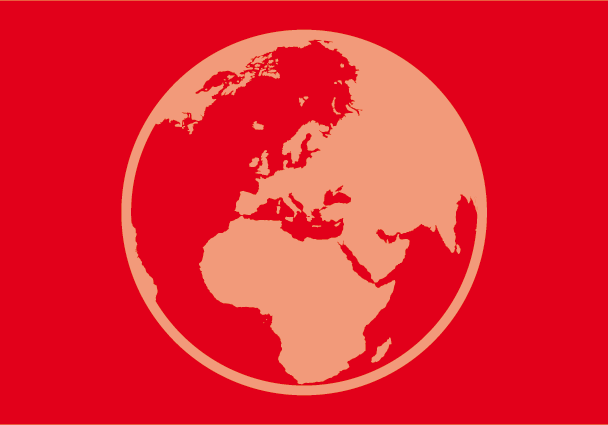
Sep 11, 2012 | Advocacy, Non-legal submissions
 The ICJ welcomes the first report of the Special Rapporteur on the promotion of truth, justice, reparation and guarantees of non-recurrence (A/HRC/21/46).
The ICJ welcomes the first report of the Special Rapporteur on the promotion of truth, justice, reparation and guarantees of non-recurrence (A/HRC/21/46).
The content of the report elaborates on the four pillars of the Special Rapporteur’s mandate and the ways in which this analysis will inform the execution of his mandate. The ICJ reiterates its support for the establishment of this important mandate, one that is crucial to combating impunity for human rights violations and guaranteeing victims’ access to justice.
In a written statement to the UN Human Rights Council, and an oral statement delivered jointly with Amnesty International on 12 September 2012, the ICJ referred to issues seen as critical to the execution of the Special Rapporteur’s mandate, and the way in which the Human Rights Council should engage with it.
ICJ-HRC21-Item3ID-SRTruthJustice-OralStatementnon-legal submission-2012 (download written statement, in PDF)
ICJ-Amnesty-HRC21-TruthJustice-OralStatement-2012 (download joint oral statement, in PDF)

Aug 20, 2012 | News
With the support of ICJ Commissioner Justice Philippe Texier, the ESCR Programme and the Central America Regional Office organized a two-day workshop in San Salvador on August 16 and 17, 2012.
A group of 25 representatives of human rights and development NGOs as well as trade unions, lawyers and academic experts participated in a first consultation on access to justice for victims of violations of economic, social and cultural rights.
The discussions tackled obstacles and advances in the field of access to justice with regard to the legal and institutional frameworks, as well as in the administration of justice and material issues.
Coming from very different backgrounds, the participants valued the opportunity to work together and share their experience related to economic, social and cultural rights (ESCR) of a variety of rights-holders and their attempts to seek justice.
This first consultation and workshop will be followed by other activities in the course of the national project.
Background of the workshop
With national projects such as the one in El Salvador, the ICJ programme on Economic, Social and Cultural Rights aims at contributing to improve accountability for human rights violations and access to justice for all, including for victims of threats against and violations of economic, social and cultural rights.
The ICJ has embarked on research processes at national level to identify obstacles and opportunities for access to justice, as well as on consultation and collaboration processes with national allies to define strategies to address gaps.
Depending on the needs identified, the ICJ will support the implementation of recommendations and steps that includes trainings and legal interventions.

Dec 22, 2011 | News
La CIJ y Rechters voor Rechters (Jueces para Jueces) hoy expresaron su preocupación al conocer que una extensión de prisión preventiva ha sido emitida contra la juez venezolana. La juez Afiuni se encuentra detenida desde el 10 de diciembre de 2009 por actos cumplidos en el ejercicio de sus funciones como titular en el Circuito Judicial Penal del Área Metropolitana de Caracas.
Venezuela-extensión detención Afiuni-press release-2011 (full text in Spanish, PDF)

Oct 17, 2011 | Advocacy, Analysis briefs, News
The Maastricht Centre for Human Rights and the ICJ are pleased to announce the adoption of the Maastricht Principles on Extraterritorial Obligations of States in the area of Economic, Social and Cultural Rights.
These international legal principles clarify the human rights obligations of States beyond their own borders.
principles obligations adopted-press release-2011 (full text in English, PDF)
Maastricht principles-analysis brief-2011 (full text in English, PDF)

Sep 29, 2011 | News
 28 September 2011 marks the ten year anniversary of the adoption by the UN Security Council of its resolution 1373 concerning measures to combat terrorism, which resulted in a proliferation of counter-terrorism legislation.
28 September 2011 marks the ten year anniversary of the adoption by the UN Security Council of its resolution 1373 concerning measures to combat terrorism, which resulted in a proliferation of counter-terrorism legislation.
In a statement delivered that day to the Organization for Security and Co-operation in Europe during its annual Human Dimension Implementation Meeting, the ICJ’s Dr Alex Conte identified ten key lessons learnt over the last decade of focused attention on the countering of terrorism and the relationship this has had with national, regional and international human rights law.
A decade on counter-terrorismweb story-2011

 The ICJ welcomes the first report of the Special Rapporteur on the promotion of truth, justice, reparation and guarantees of non-recurrence (A/HRC/21/46).
The ICJ welcomes the first report of the Special Rapporteur on the promotion of truth, justice, reparation and guarantees of non-recurrence (A/HRC/21/46).








